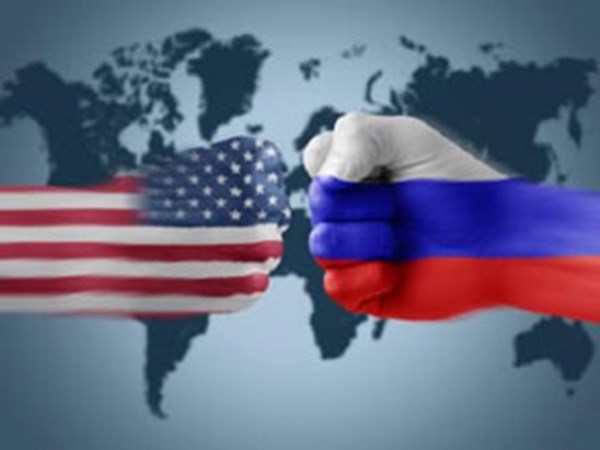US introduces sanctions against Russian defense sector
The US State Department announced on Tuesday that it has added to the sanctions on Russia’s defense sector.
Among those Russian companies to be newly blacklisted for violating the sanctions on Syria, Iran and North Korea are the Avangard plant in Moscow, which produces missiles for S-300 and S-400 aerial defense systems, and the Instrument Design Bureau in Tula, one of the largest Russian defense enterprises, which develops precision weapons, including Pantsir anti-air missile systems.
The Avangard factory is a subsidiary of Almaz-Antey; the Instrument Design Bureau is part of Rostec.
The sanctions, which came into force on 14 May, prohibit the US from providing any support, including technical support, to the blacklisted Russian companies, according to the State Department’s notice that was published in the Federal Register on Tuesday.
The Russian companies are accused of violating the Iran, North Korea, Syria Nonproliferation Act (INKSNA), which prohibits the supplying of any military equipment, ballistic missiles, or components for producing them, to the three countries in question.
The sanction restrictions will be in place for two years, and also constitute a response to the bipartisan letter from 382 members of US Congress to President Donald Trump urging the White House to ramp up the pressure on Russia and Iran for undermining security in Syria.
The congressmen believe that Russia wants to ensure it has a permanent presence in Syria, beyond its existing naval base in Tartus. The letter states that Russian troops and aircraft have “damaged the Syrian nation” at the same time that Russian officials were providing “diplomatic cover and helping the Assad regime to survive”.
A bill proposing a second round of sanctions against Russia for the poisoning of former double agent Sergey Skripal has been lying on Trump’s table for more than a month. Bloomberg claims that the documents from the Treasury and State Departments arrived at the White House at the end of March, but Trump is in no hurry to sign them.
Preparation of the sanction package has been underway since autumn last year, in accordance with the Act to Control and Destroy Chemical and Biological Weapons, after the State Department officially accused the Russian government of using the Novichok nerve agent in its attempted assassination of Sergey Skripal in the UK.
The first round of sanctions only consisted of additional restrictions on technology transfer, and was accompanied by a “trial period”: Russia was given three months to allow international inspectors to access its chemical weapons facilities and to provide convincing proof that it will not use such weapons in future.
Russia refused to comply, and according to a law that has already been ratified, the White House is authorized to respond with sanctions. However, the formulation of the new sanctions has dragged on.
The second round could include a reduction in the level of diplomatic relations, restrictions on air traffic, and an embargo on imports and exports. Sanctions against the Russian banking sector are also being considered.
